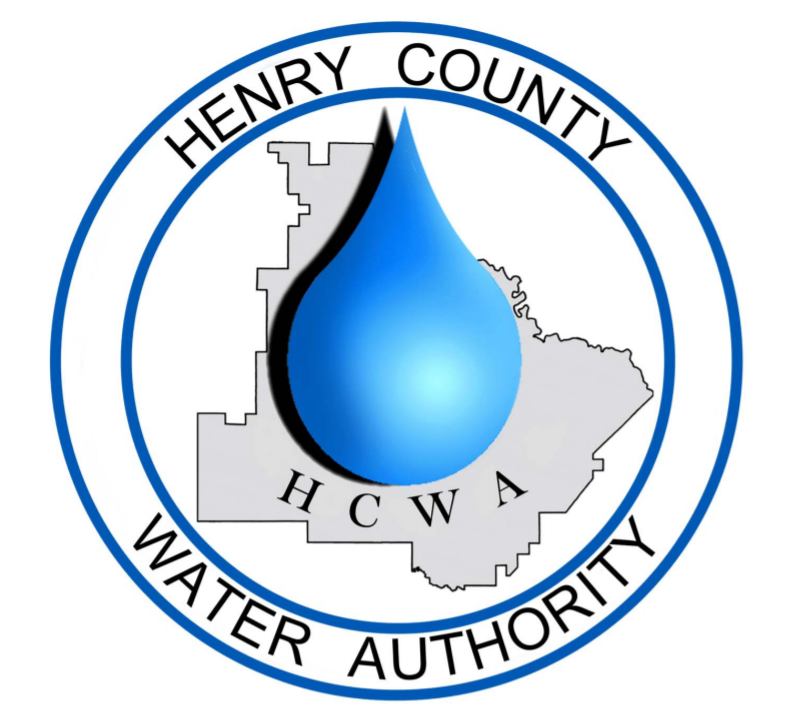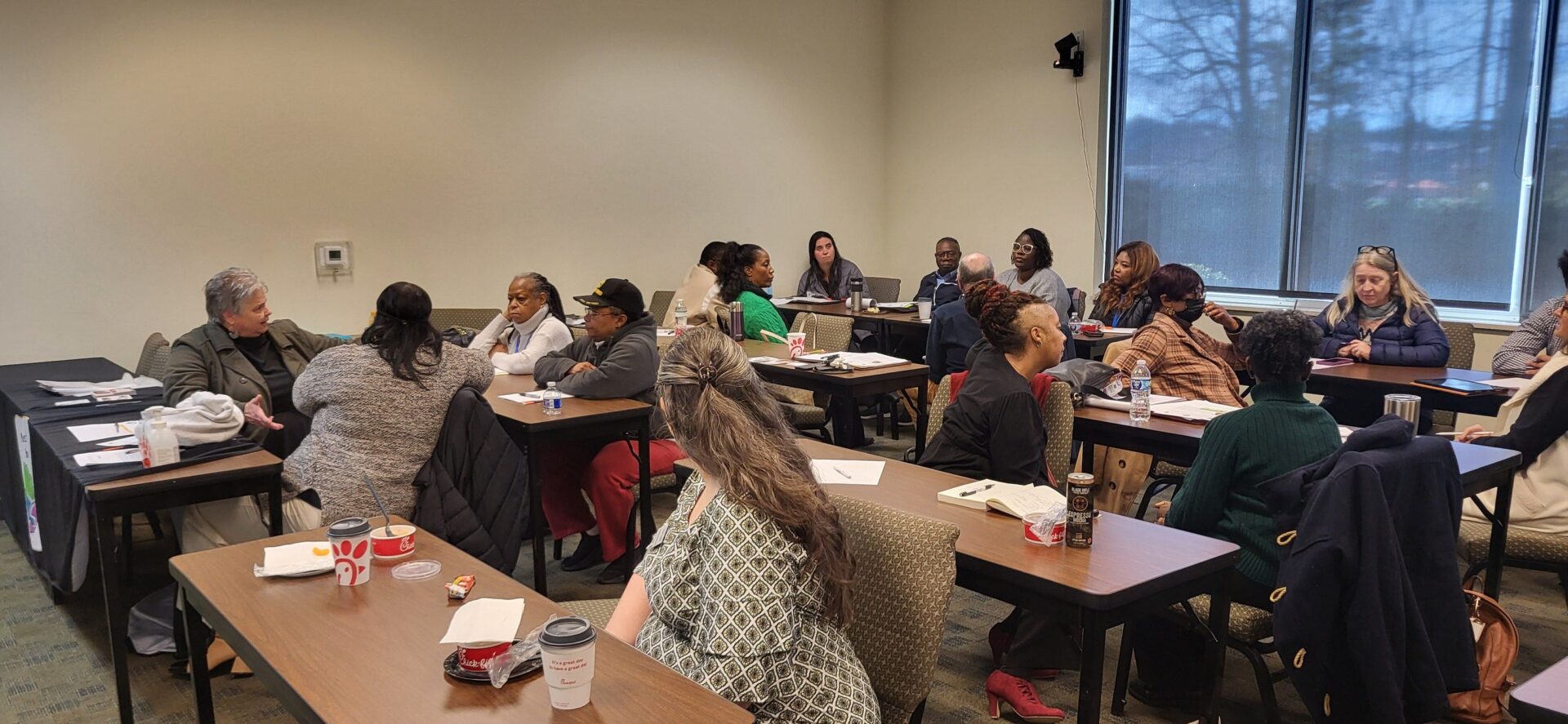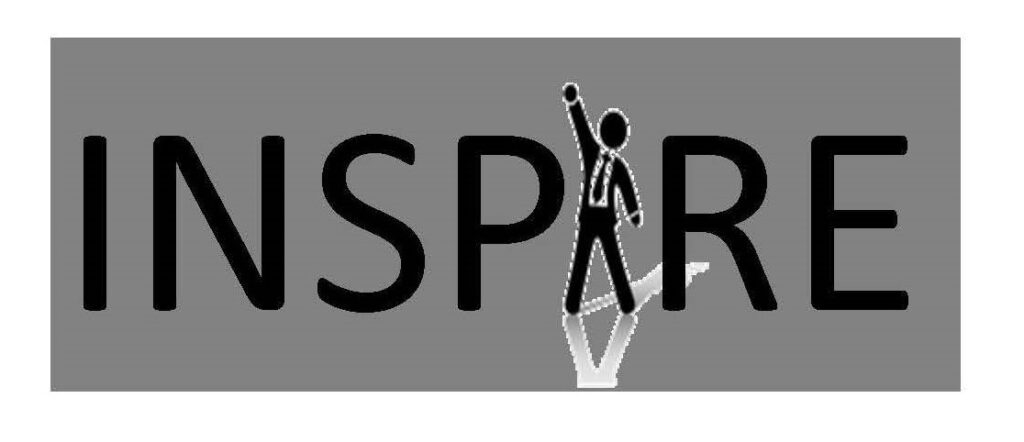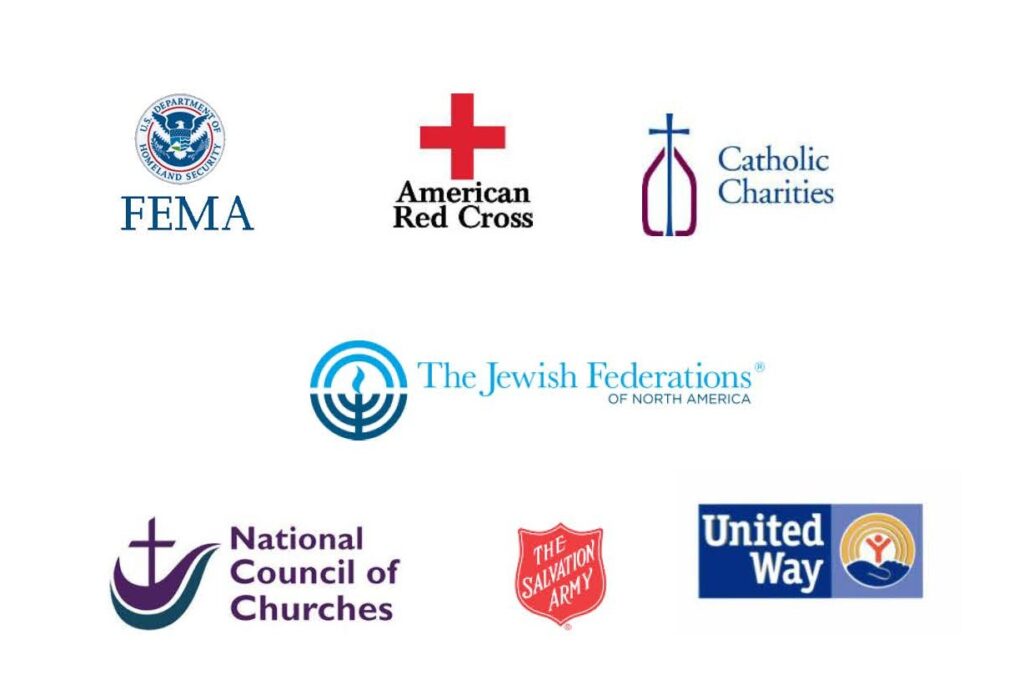Services
Rent/Mortgage/Utility Assistance
Assistance from Connecting Henry is exclusively available to Henry County residents. To qualify, you must have lived in the county for a minimum of six months and be able to submit documents proving your residency. We are unable to assist individuals living outside Henry County.


Henry County Water Authority Program
Connecting Henry is proud to administer funding from the Henry County Water Authority Charitable Assistance Program.
Thanks to our funding partnership with HCWA and the generosity of their customers who contribute to this program, we can offer this assistance to homes in the designated areas. This program is used exclusively to pay HCWA water bills for eligible customers.
Financial Literacy Classes
Connecting Henry and the City of McDonough has partnered with Truist Bank to conduct Financial Literacy classes every fourth Thursday of the month from 11:30 am – 1:00 pm at Connecting Henry. The classes will cycle through three phases: Budgeting During a Crisis, Banking & Budgeting Basics, and Becoming a Homeowner.
Refreshments will be served for your convenience. Registration is required, and space is limited, so sign up soon!


INSPIRE Homeless & Homelessness Program
The Inspire Homeless & Homelessness Program is a collaborative, ongoing, year-round program that provides subsistence aid to unemployed, working poor, and disabled families experiencing unforeseen hardships through support and partnerships with local churches, community organizations, other non-profits, and the school system.
We ensure families do not fall through the cracks by wrapping our arms around that individual/family and providing them with resources and support.
We also offer personal connections to food pantries, clothes closets, and furniture resources. Our goal is to restore their hope while helping families get back on their feet.
INSPIRE Employment Program
The INSPIRE Employment Training Program, geared towards low-income, unemployed, underemployed, and unskilled individuals, teaches individuals the skills necessary to get a job and keep a job.
This program is designed for those individuals with a history of long-term unemployment or job-hopping and minimal experience in the workforce.
This model is successful as it addresses soft skills, resumes, credit, habits, beliefs, attitudes, and behaviors that can cripple an individual’s ability to move into a livable wage career.

Emergency Food and Shelter Program
The Emergency Food and Shelter Program was established on March 24, 1983, with the signing of the “Jobs Stimulus Bill,” Public Law 98-8. That legislation created a National Board, chaired by the Federal Emergency Management Agency (FEMA), that consisted of representatives from the American Red Cross, Catholic Charities USA, the Jewish Federations of North America, the National Council of the Churches of Christ in the USA, The Salvation Army, and United Way Worldwide.

The EFSP was authorized under the Stewart B. McKinney Homeless Assistance Act (P.L. 100-77, signed into law on July 24, 1987, since renamed the McKinney-Vento Homeless Assistance Act and subsequently reauthorized under P.L. 100-628, signed into law on November 7, 1988). Since 1983, in its 42-year history, the EFSP has distributed $6.6 billion to over 14,000 human service agencies in more than 2,500 communities across the country through this collaborative effort between the private and public sectors.
The original authorizing legislation (PL 100-77) specifically calls for “sensitivity to the transition from temporary shelter to permanent homes and attention to the specialized needs of homeless individuals with mental and physical disabilities and illness, and to facilitate access for homeless individuals to other sources of services and benefits.”
Also, by the legislation, the National Board encourages Local Boards, the decision-making local bodies, to place special emphasis on identification of and assistance to the elderly, families with children, Native Americans, and Veterans. In addition, the authorization as revised (PL 102-550) in 1992 requires that a homeless or formerly homeless person serve on the Local Boards.
On January 27, 2025, the Office of Management and Budget (OMB) released a memorandum to federal agencies, requiring a temporary pause on all activities related to the obligation or disbursement of all Federal financial assistance and other relevant agency activities that may be implicated by the recent executive orders. OMB has rescinded this memorandum.
The Emergency Food and Shelter Program (EFSP) National Board recognizes that the memorandum and the recent executive orders may have created a great amount of uncertainty and anxiety for the Local Boards and Local Recipient Organizations participating in the program. The National Board is working closely with the Federal Emergency Management Agency (FEMA) to better understand and respond to the anticipated impact on the EFSP and the program participants. EFSP staff will provide timely updates on the program’s web page as more information becomes available.
To add some additional context, United Way Worldwide has informed us that to date, they are unable to draw down funds for Phase 42 (or any previous phases), even though these funds were appropriated for FY24 and preliminary jurisdictional allocations were made. Rockdale was announced as receiving $33,136.
